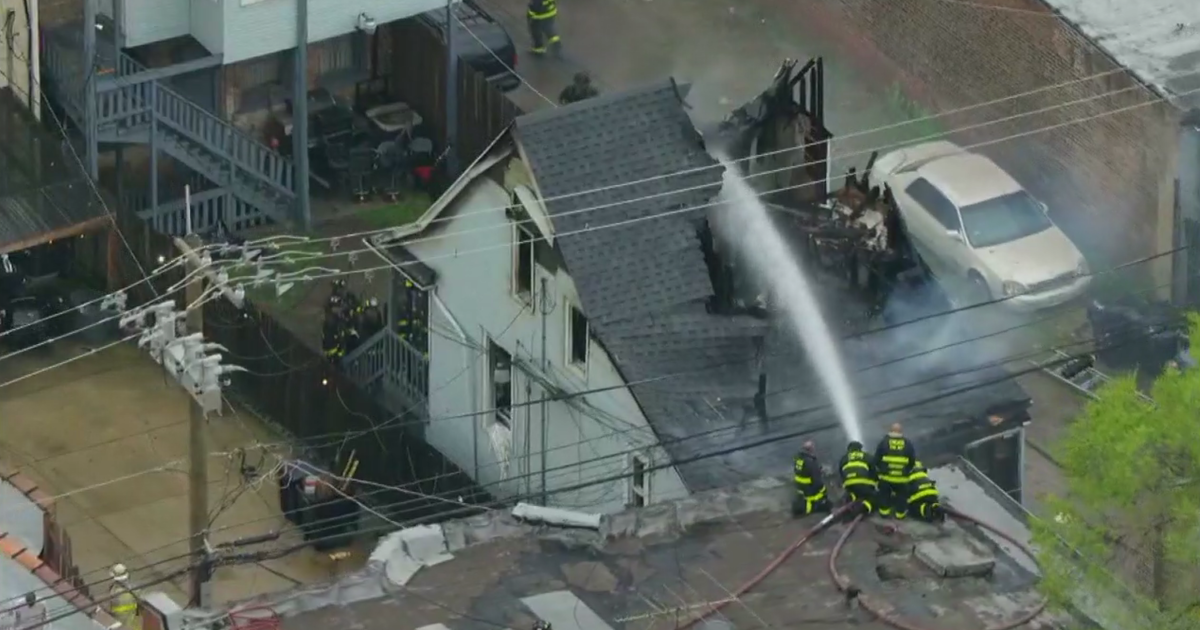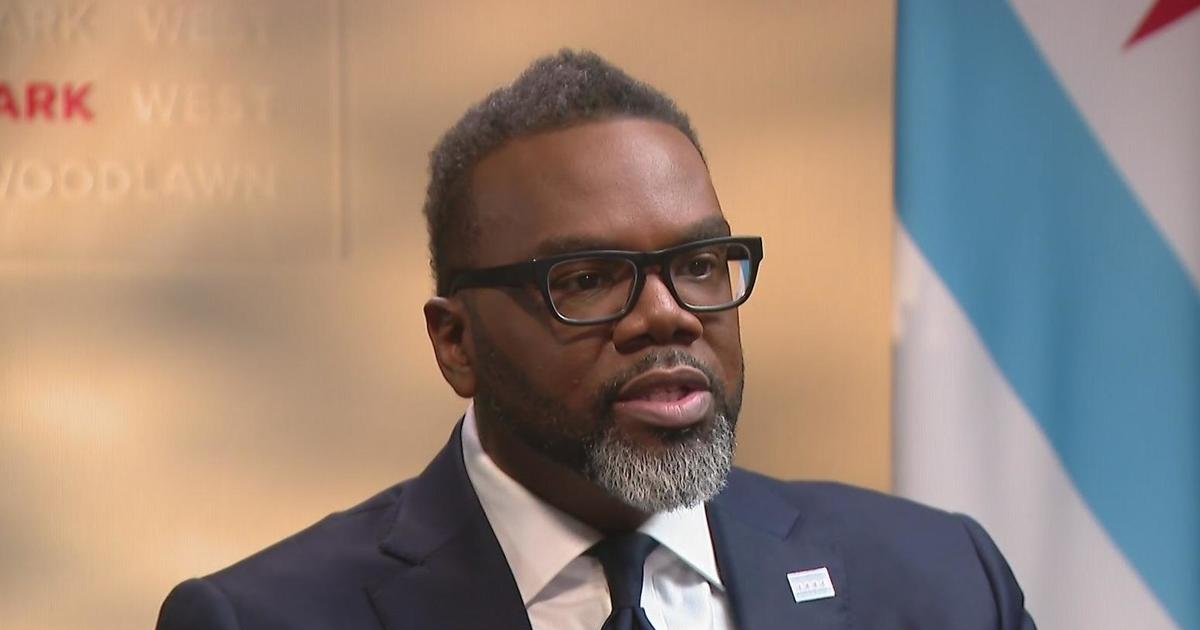Illinois Senate Passes Union-Backed Pension Plan
Updated 05/09/13 - 6:15 p.m.
SPRINGFIELD, Ill. (AP) -- The Illinois Senate voted Thursday to send a union-supported pension reform bill to the House, leaving lawmakers with two competing proposals for dealing with the nation's worst state pension crisis just weeks before the Legislature is scheduled to adjourn.
The Senate voted 40-16 Thursday to advance a measure sponsored by Senate President John Cullerton. The Chicago Democrat negotiated the plan with some of the state's largest public-employee unions. Cullerton says it's the only option for addressing the nearly $100 billion crisis that is constitutional, and the unions have agreed not to file a lawsuit if the measure is signed into law.
But House Speaker Michael Madigan prefers a plan he sponsored and the House approved last week and that he says could save three times more money than Cullerton's proposal. Gov. Pat Quinn backs Madigan's measure, as do Senate Republicans. But rather than take up Madigan's proposal in the Senate, Democrats there opted to go with Cullerton's union-friendly plan.
The question now is whether one leader will succumb to the other's approach or if another deal can be reached on a problem that lawmakers have failed to solve for years, even as states across the country took action on their own pension problems.
Madigan predicted after Thursday's vote that his bill -- which unilaterally cuts retirement benefits -- will ultimately be enacted. He said he hasn't decided whether he would call Cullerton's bill in his chamber.
"I think the bill passed by the House is a good solid bill, well-thought out, it has a broad base of support and it ought to be passed by the Senate," the Chicago Democrat said. "And I think they will pass it."
Quinn, who has said fixing the problem is his top priority, told reporters Thursday Madigan's plan should get a vote in the Senate before the end of the month.
"I think it's important for them, members of the Senate, (to) take a look at everything," the Chicago Democrat said. "But ultimately it's important for (Madigan's proposal) to get a vote."
But Ron Holmes, a spokesman for Cullerton, said it didn't appear Madigan's proposal had enough votes to pass the Senate. He noted four Republicans voted with Democrats on the union-supported bill Thursday, and that a bill similar to Madigan's failed to get the 30 votes needed for approval when it was before the chamber earlier this year.
"If there's some sort of shift that says we can get to 30 votes (on Madigan's bill), the Senate president will take that into account," Holmes said.
Cullerton's plan would give workers and retirees a choice in retirement benefits. Current workers would choose among three different benefit packages, while retirees would choose between two. For example, workers who want to receive 3 percent cost-of-living increases compounded annually wouldn't get health insurance. If they want health insurance in retirement, they would receive smaller cost-of-living adjustments.
Cullerton says the legislation would save Illinois about $46 billion over the next 30 years. In 2015, the state's annual pension payment would be about $850 million less than is currently scheduled.
Madigan's bill would unilaterally cut benefits for employees in four of the five public retirement systems. He says it would save about $150 billion over 30 years, and reduce the 2015 scheduled payment by $1.8 billion.
It would require public employees to pay 2 percent more toward their retirement benefits, reduce annual cost-of-living increases for retirees and increase the retirement age for workers under 45. Madigan says the bill would fully fund the pension systems in 30 years. The plan Cullerton is backing would get the systems to be 90 percent funded in that same timeframe.
Public-employee unions have said they will file a lawsuit if Madigan's bill is enacted. They say it violates a clause in the state constitution that says pension benefits can't be reduced.
Cullerton says if Madigan's bill is thrown out by the courts, the actual savings would be zero. He called his plan the less risky of the two.
But Republicans argued lawmakers shouldn't try to guess how the Illinois Supreme Court would rule on an inevitable lawsuit, noting legal opinions on the two bills differ. Madigan and Cullerton disagree, they noted, and both men are attorneys.
"There isn't anybody in this room who has an opinion that matters even a little about the issue of constitutionality, period," said Sen. Matt Murphy, a Republican from Palatine. "There are seven people on the Illinois Supreme Court whose opinions are the only ones that matter. The bottom line is, our job is to legislate."
Illinois' five public retirement systems contain only about 39 percent of the money needed to pay the benefits currently promised to workers and retirees, largely because lawmakers skipped or shorted their payments to the funds for years. The annual payments now eat up nearly one-fifth of the state's general revenues, and the shortfall has led credit rating agencies to downgrade Illinois to the lowest rating of any state in the nation.
The bond houses have warned that another downgrade could occur if the General Assembly doesn't take action by the end of the legislative session, which is scheduled for May 31.
(TM and © Copyright 2013 The Associated Press. All Rights Reserved. This material may not be published, broadcast, rewritten or redistributed.)



